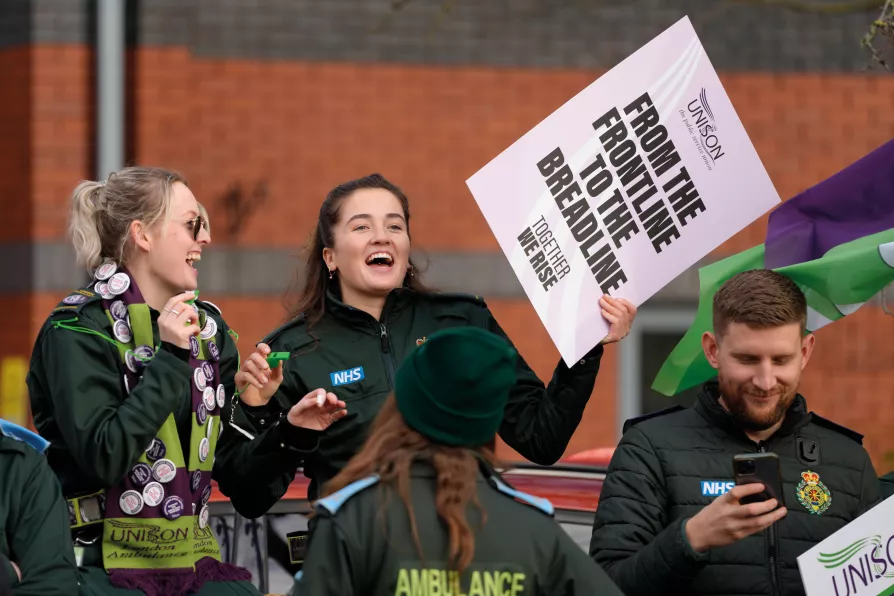SOLOMON HUGHES says Starmer has done everything the Westminster set think Labour leaders should do – but it hasn’t endeared him to the public


THIS weekend, young members of Unison, Britain’s biggest union, representing 1.4 million public service workers from across the country, will meet in Swansea to discuss some of the big issues affecting our workplaces and our world.
The agenda contains important motions on training and development under Unison’s industrial strategy, Organising to Win. Several motions raise issues, particularly affecting young women, including much-needed support for young single mothers, period poverty and the housing crisis, which disproportionately affects women.
A number of emergency motions are also expected to be debated — addressing topics ranging from recent escalatory actions by Israel in both Palestine and Lebanon in the context of its ongoing genocide, to the British government’s announcement of a 50 per cent increase to the cap on bus fares and the announced increase in tuition fees which highlights the failure of the current higher education funding model.
From the motions passed at conference, delegates will then vote for two to become the national committee’s focus over the next year. Along with debates on motions, delegates will be able to attend a great line-up of official fringe meetings — including a workshop taking a detailed look at the Organising to Win strategy and how it relates to young members’ workplace organising, a “motion writing 101” session and a Palestine solidarity rally.

Almost half of universities face deficits, merger mania is taking hold, and massive fee hikes that will lock out working-class students are on the horizon, write RUBEN BRETT, PAUL WHITEHOUSE and DAN GRACE

Tackling poverty in Scotland cannot happen without properly funded public services. Unison is leading the debate












